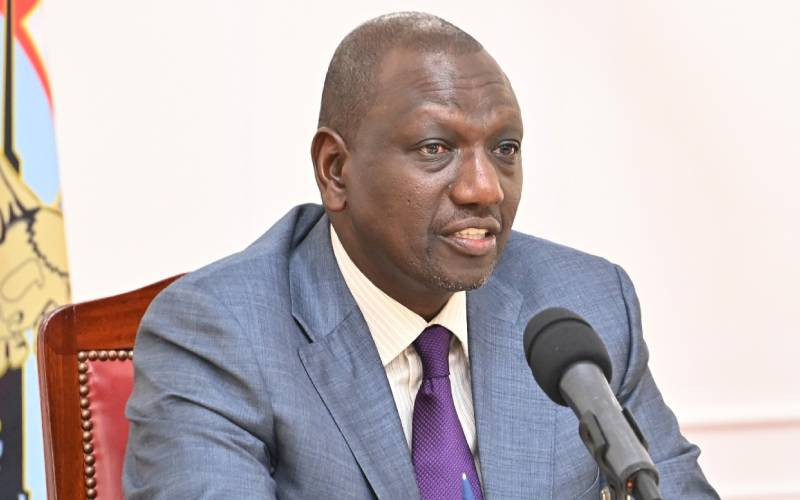×
The Standard e-Paper
Smart Minds Choose Us

Thirteen days since William Ruto was declared PORK, many are still struggling to figure out what stuff he is made of.
Certainly, there was little to glean from his Cabinet picks other than that he went out of his way to reward loyalty. What stood out too is that President Ruto is keen to delegate, a good attribute according to management gurus: Only sure-footed bosses delegate.